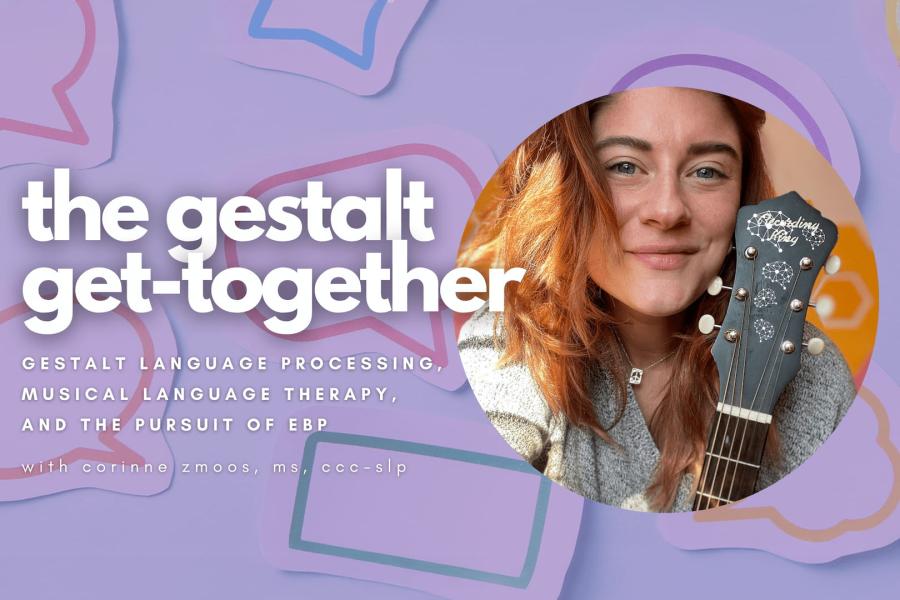The discussion also addresses how social media influences clinical decision-making, often spreading misinformation through persuasive but logically flawed arguments. Corinne urges clinicians to recognize these fallacies in order to make more informed, evidence-backed decisions rather than relying on anecdotal evidence or emotionally driven claims. By understanding these common pitfalls, SLPs can critically evaluate emerging frameworks like GLP, ensuring they provide the best possible support for their clients.
Related Course:
Logical Fallacies in Clinical Decision-Making for GLPs: Part 2
Key Questions:
- How do logical fallacies impact clinical decision-making and the interpretation of information about Gestalt language processing?
- What are the differences between formal and informal logical fallacies, and how do they appear in social media discussions on GLP?
- How can clinicians identify and avoid cognitive biases when evaluating evidence and making therapy decisions?




















